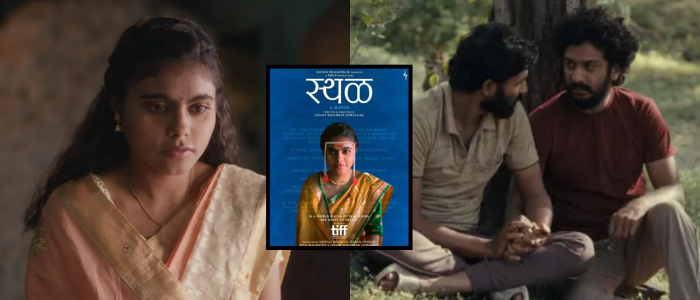Praise From Around the World for Unapologetic Storytelling
Films like Sthal (A Match) and Sabar Bonda are breaking creative and cultural barriers. Stahl begins the novel with an impressive flip: a groom scrutinized for an arranged marriage, only to wind down to the hellish life of the main character, Savita. The movie presents a clear-eyed view of the invariably idealized institution of arranged marriage.
Meanwhile, Sabar Bonda, a romantic drama between two men in rural India, became the first Marathi film to premiere at Sundance, where it took home a Grand Jury Prize. Film expert Meenakshi Shedde lauded it as a "daring, exquisite" story of historic importance.
The worldwide exposure comes in the wake of past successes such as Nagraj Manjule's Sairat at Berlinale and Chaitanya Tamhane's The Disciple, which was screened at Venice. Other titles that stand out include Follower, centred on online radicalisation, and Second Chance, a post-trauma Himalayan journey film which premiered in Busan and which will open theatrically in India in June.
Challenges and Opportunities
But Marathi cinema has some major challenges, despite its recent runs of success. Without institutional or state support, a lot of films are self-financed. Marathi films, unless they are commercially viable, are rarely acknowledged by the major film studios," said Shefali Bhushan, producer of Sthal, further diminishing the support for an experimental cinema.
Geography makes it even more difficult. In Maharashtra, where Bollywood is based, Marathi producers face direct competition from Hindi-language blockbusters. The fiercely protective, film-hungry environment of Kerala has no equivalent in Maharashtra — the home of Bollywood — and no such consistent source of funding for regional cinema.
Critics insist that Marathi filmmakers will have to start aiming for universality in their narratives if they too want to be able to speak to the world one day. Nevertheless, veteran industry observers such as Shedde believe the international film festivals are prying them open. For Bhushan, whose Cannes stint got the support of Maharashtra government, these platforms are crucial in learning the art of financing and distributing films to the international market.
















